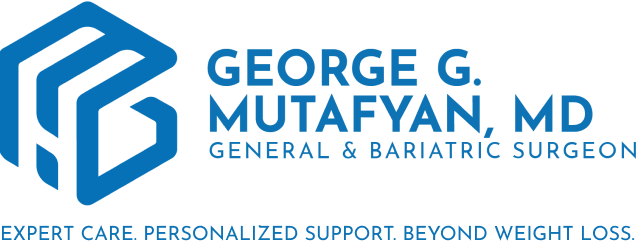The Ozempic Face Scare:
Why Some People Look Sick After Weight Loss
(And How to Avoid It!)
You’ve probably heard the buzz—people losing weight with Ozempic or other weight loss injections and suddenly looking…well, a bit gaunt, almost sick. Enter the dreaded term: “Ozempic Face”. The media loves a good shock story, and the internet has run wild with images of rapid weight loss leading to tired, saggy faces. But is this really the full picture?
Here’s the truth: While some people experience changes in their facial appearance after significant weight loss, this isn’t exclusive to Ozempic or any other weight loss injection. It happens with ANY rapid weight loss. And before you start worrying about your future selfie game, let’s break down why this happens—and more importantly, how it can be avoided or managed.

The “Ozempic Face” Myth: What’s Really Happening?
First, let’s bust the myth: Ozempic doesn’t make you look sick. What can happen, though, is that when you lose weight quickly, especially if you’re older, your face might look a little different than you expected. The term “Ozempic Face” has been unfairly tied to weight loss injections, but rapid weight loss of any kind can result in changes in the face. The media just slapped a catchy label on it.
Here’s why:
- Loss of Facial Fat: When you lose weight, fat is lost from all over your body—including your face. That round, fuller look might start to disappear, revealing a thinner, more angular face. For some people, this looks great! For others, especially those with less skin elasticity, it can make them look older or tired.
- Age and Skin Elasticity: A major factor here is skin elasticity, which naturally decreases as we age. When you’re younger, your skin snaps back after weight loss, but after 50, the skin loses its ability to bounce back as quickly. This can leave you with loose or sagging skin, particularly on your face.
- Bone Structure and Fat Distribution: Not everyone is built the same. Some people have higher cheekbones or a more defined jawline, which becomes more noticeable after weight loss. Others, especially those with naturally softer, rounder features, may feel like their face looks too thin.
Weight Loss Is About More Than Just Looks
Let’s be clear: Weight loss is about feeling healthier, not just looking a certain way. But the fear of looking “sick” after losing weight can sometimes deter people from seeking the health benefits of slimming down. This is where it’s important to focus on the holistic view of weight loss.
- Energy Levels: Losing excess weight improves energy levels, making you feel more active and vibrant, even if your facial appearance changes.
- Chronic Health Improvements: Weight loss—especially with the help of injections like Ozempic—can lower the risk of diabetes, heart disease, and joint issues. Looking a little different in the face is a small price to pay for the long-term benefits to your overall health.
- Mental Wellbeing: Feeling strong, fit, and healthy can drastically improve your mental health. Confidence isn’t just about looking good; it’s about feeling good in your own skin.

Age, Weight, and Your Ideal Number: Why One Size Doesn’t Fit All
Here’s something that often gets overlooked when people talk about weight loss: Not all weight loss goals should be the same.
If you’re 30 years old, 5’2” and weigh 220 pounds, losing weight down to 120 pounds might be ideal for you. At this age, your skin is more elastic, and you’re more likely to bounce back with a tight, youthful look after weight loss.
But let’s say you’re 55 years old, the same height and weight. Losing weight down to 120 pounds might not be realistic or even healthy for you. As we age, we naturally lose muscle mass, and our skin’s elasticity decreases. A 55-year-old weighing 140 pounds could feel and look much better than forcing their body down to 120 pounds. The key here isn’t just about reaching a number on the scale—it’s about achieving a healthy weight that feels right for you and matches your body’s natural structure.
Facial Bone Structure and Skin Elasticity: As we age, skin becomes thinner and less resilient, meaning that if you lose too much fat in your face, it can look hollow or saggy. That’s why the same weight on a 30-year-old and a 55-year-old can result in very different appearances.
Your Ideal Weight Should Be Guided by Health, Not a Chart: Charts and BMI calculators are tools, not the law. A 55-year-old with more muscle tone and strong bone structure may look and feel fantastic at 140 pounds, even if the chart says they should weigh less. This is where a holistic approach to weight loss comes into play—listening to your body, feeling your best, and not letting a number dictate your health journey.
How to Avoid Looking “Sick” After Weight Loss
There are several things you can do to avoid the dreaded “sick look” as you lose weight, especially when using tools like Ozempic or other weight loss injections:
- Don’t Rush the Process: Rapid weight loss can result in your skin struggling to keep up with your shrinking body. Aim for steady, moderate weight loss—this gives your skin a better chance of adjusting.
- Strength Training: Focus on building muscle to fill out your frame. Strength training helps you avoid looking too gaunt while maintaining healthy muscle mass. Muscle adds definition and helps you avoid that “sunken” appearance.
- Hydrate and Nourish Your Skin: Hydration, both internal and external, is key. Drink plenty of water and use good-quality moisturizers to keep your skin supple and elastic as you lose weight.
- Healthy Fats: Don’t ditch fats entirely! Incorporating healthy fats like avocados, nuts, and olive oil will keep your skin glowing and your body fueled.
- Consider Cosmetic Options: If you’re worried about facial sagging after weight loss, there are non-invasive treatments like fillers that can help restore volume to your face without surgery. But remember, this is only if you want it—many people embrace their new, slimmer look, and that’s great too!

Weight Loss Injections: Your Health Booster
Let’s talk about the positives of weight loss injections like Ozempic. These tools can be incredibly effective for helping people lose significant amounts of weight when diet and exercise alone aren’t enough. The key is to approach them as part of a holistic weight loss plan that focuses on health, not just a number on the scale.
- Medical Guidance: With the right supervision, injections like Ozempic are safe and effective. They help control appetite and improve insulin sensitivity, making them a great option for people with obesity or metabolic disorders.
- Sustainable Weight Loss: When used alongside proper diet and exercise, weight loss injections can help you lose weight at a steady pace, reducing the risk of looking too thin too quickly.
- Long-Term Health: These injections aren’t just about quick fixes—they can improve long-term health outcomes by reducing the risk of diabetes, heart disease, and other chronic conditions.
For Those Over 50: Healthy Looks Different
If you’re over 50, your weight loss journey might look and feel different—and that’s okay. Your body’s ability to lose weight, its skin elasticity, and muscle tone all change as you age. It’s important to set realistic goals that make you feel healthy and strong, not just skinny.
For example, if you’re 5’2” and you weigh 220 pounds, aiming for 140 pounds might be a healthier and more realistic goal than dropping to 120 pounds. It’s all about feeling your best and maintaining your strength, rather than chasing a number that might not suit your body anymore.

Conclusion: Feel Good, Look Great, and Stay Healthy!
So, before you let “Ozempic Face” scare you off, remember that weight loss is about feeling healthier and more confident—not just hitting a number on a chart or looking like a celebrity. If you’re worried about how you’ll look after losing weight, it’s important to take a holistic approach that includes nutrition, exercise, skin care, and, if needed, cosmetic help.
And if you need a boost to get started, Dr. George Mutafyan can guide you through options like weight loss injections to help you achieve your goals safely and effectively.
Contact Dr. Mutafyan today to discuss how weight loss injections or other treatments can support your journey to a healthier, happier you—without the fear of looking “sick”!











